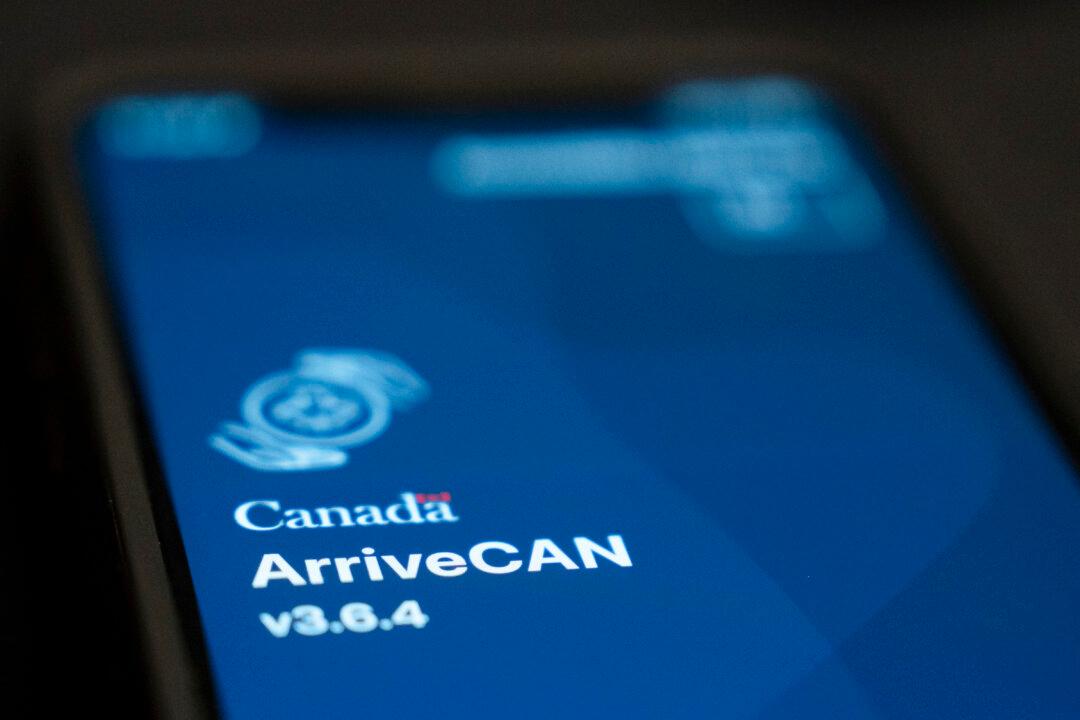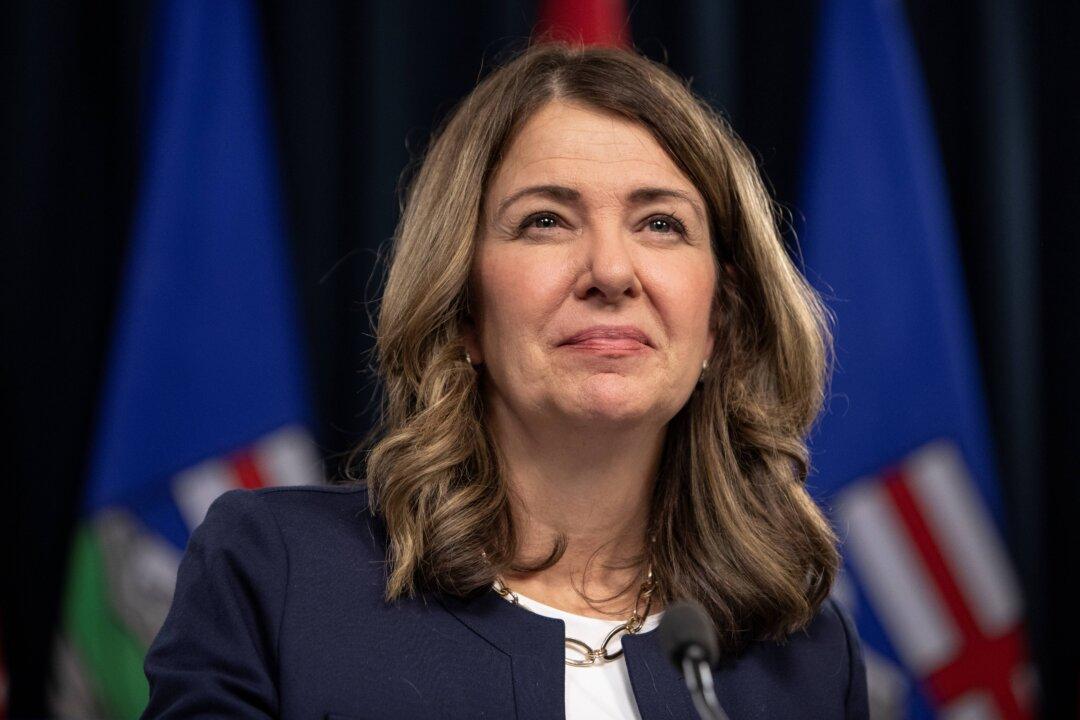A top Canada Border Services Agency (CBSA) official told MPs that it’s “surprisingly easy” for employees at the federal agency to permanently delete emails, while responding to a question about ArriveCan emails that were allegedly destroyed by his predecessor.
CBSA Vice-President and Chief Information Officer Darryl Vleeming made the comments while appearing before the Commons public accounts committee meeting on April 3 to answer questions on ArriveCan.





